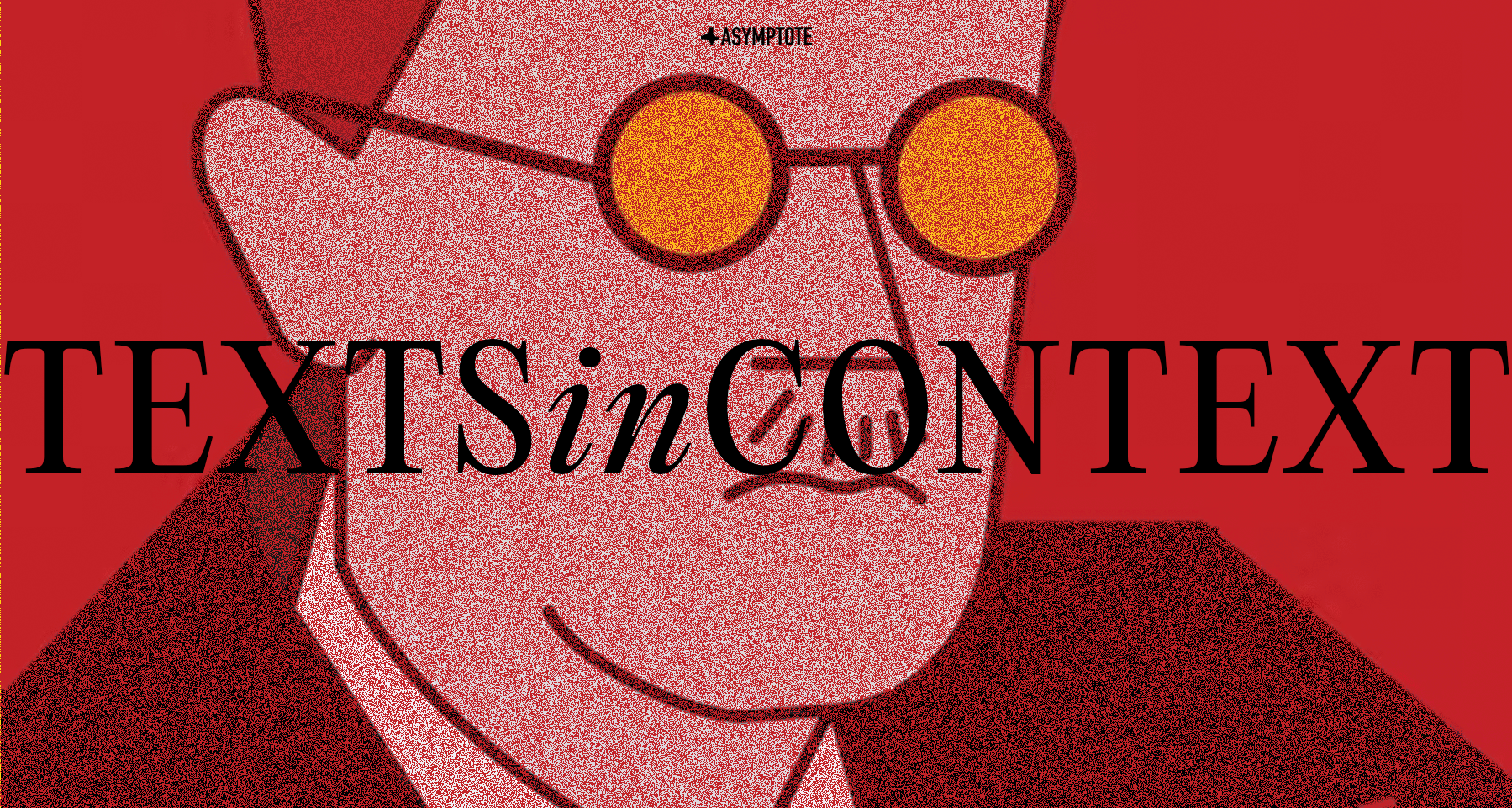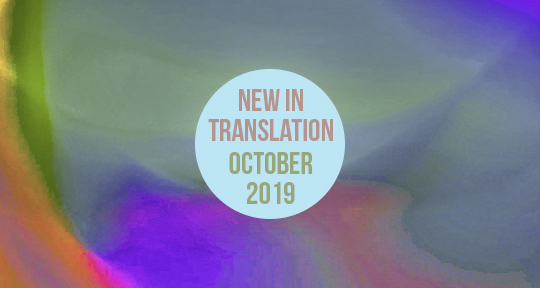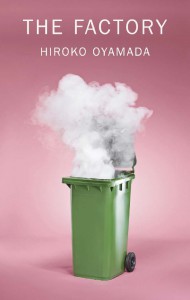This is the third edition of Texts in Context, a column in which Katarzyna Bartoszyńska seeks out academics who contribute to and elucidate the world of literary translation, revealing their deeper studies into texts both well-known and overlooked.
Today, we trace the legacy of James Joyce to its significant resonance in Russian literature, which José Vergara examines in his cogent and deeply-researched text, All Future Plunges to the Past. By taking the work of five major Russian writers as example, Vergara illuminates the throughline of Joycean ideas and themes, both in their universality and their recontextualization and transformation amidst Soviet and Russian history. In this following interview, Vergara discusses how these writers used Joyce to make sense of their own realities, Russian-language literature in this present moment, and texts from within the prison.
Katarzyna Bartoszynska (KB): Tell me about All Future Plunges to the Past!
José Vergara (JV): My book examines James Joyce’s impact on Russian literature from the mid-1920s, when the first Soviet translations started appearing, through 2020. Of course, that basically means I’m looking at his “influence”—but it goes beyond that. I’m more interested in how, on one hand, Joyce became emblematic of larger trends in Russian attitudes toward Modernism, intertextuality, generational conflicts, artistic identity, and other big issues; and, on the other hand, he took on various forms or manifestations based on how certain Russian writers read him—literally and figuratively. Previous scholars had examined the critical response to Joyce in the Soviet Union and émigré communities, but they paid much less attention to his place in Russian literature itself. So, in All Future Plunges to the Past, I present five case studies of major writers who addressed Joyce directly in their fiction: Yury Olesha, Vladimir Nabokov, Andrei Bitov, Sasha Sokolov, and Mikhail Shishkin. The book explores how and why they were drawn to Joyce’s novels and ideas, interpreting them as an alternative path in world literature based on their respective biographical, historical, and cultural contexts. In this reading, Joyce becomes a prism through which to interrogate the question of cultural heritage in Russia, and a means for these writers to better understand themselves and their work. That’s at the core of the book: the question of literary lineages and how artists fashion their own histories through their writing.
KB: How artists fashion their own histories in their writing: could you say a little more about that?
JV: The central through line of my book is fathers and children, primarily sons. It struck me that the aforementioned writers were all, in one way or another, engaging with Joyce’s Shakespeare theory, which Stephen Dedalus explains in episode nine of Ulysses. Basically, he argues that creative artists, such as Shakespeare, become fathers to themselves by leaving behind their works, their lineage, a version of themselves for posterity to—hopefully—admire. At the same time, Stephen suggests that you have to select a literary forefather to supplant the biological. Each of the writers I feature consider this theory and respond to it in their idiosyncratic ways. For instance, Nabokov’s protagonist in The Gift pursues this path, but not to replace his biological father, who disappeared on a scientific expedition. Instead, like Nabokov, he wants to unite the cultural heritage that he lost as a result of the 1917 Revolution, and to bridge those gaps in emigration. All their readings of Joyce are operating on this metatextual level, as they come to terms with who they are in the history of Russian literature. READ MORE…



